What is pH Up?
pH Up is the commercial name for the chemical compound Sodium carbonate (Na₂CO₃,), which is also known as Soda ash in industry and is used in a variety of applications from glass manufacturing to cooking and water treatment.
You will most typically see it called pH Up, pH Increase or pH Rise when referring to its use in pool maintenance, and as its name suggests it’s used to raise your pH. For the purpose of this article we will call it pH Up.
Sodium Carbonate should not be confused with sodium bicarbonate (NaHCO₃) even though they sound similar.
Sodium bicarbonate is also used in the pool industry for increasing alkalinity, and interestingly it is also the same chemical used for common baking soda.
With regards to recreational water treatment, the main difference between sodium carbonate and sodium bicarbonate is that sodium carbonate will raise pH more quickly without affecting total alkalinity.
What Form(s) Does pH Up Come In And How Do I Use It?
pH Up comes in both granular and liquid form, with liquid form most commonly used in spas.
The most typical application of pH UP granules is to first dissolve the required amount in a chemical safe container containing pool water and then pour inside the perimeter of the pool with the pump running during application and for several hours afterward.

Application of liquid pH up should be done by pouring the required amount around the perimeter of your spa while the water is circulating and allow it to circulate for 30 to 60 minutes.
When you need help monitoring your pool water the Sutro pool ph monitor is the solution.
Safety Information About pH Up
You should always read and follow all safety precautions on the product labels. Keeping your pool (or spa) safe means keeping yourself and others around you safe while maintaining your chemistry and your equipment. Some common recommendations include:
- Wearing protective gear such as gloves and eye protection.
- Store chemicals in ventilated areas and separate from one another to avoid chemical reactions from leaks.
- Do not mix chemicals.
As with all pool chemicals, it’s important to follow the manufacturers directions.

